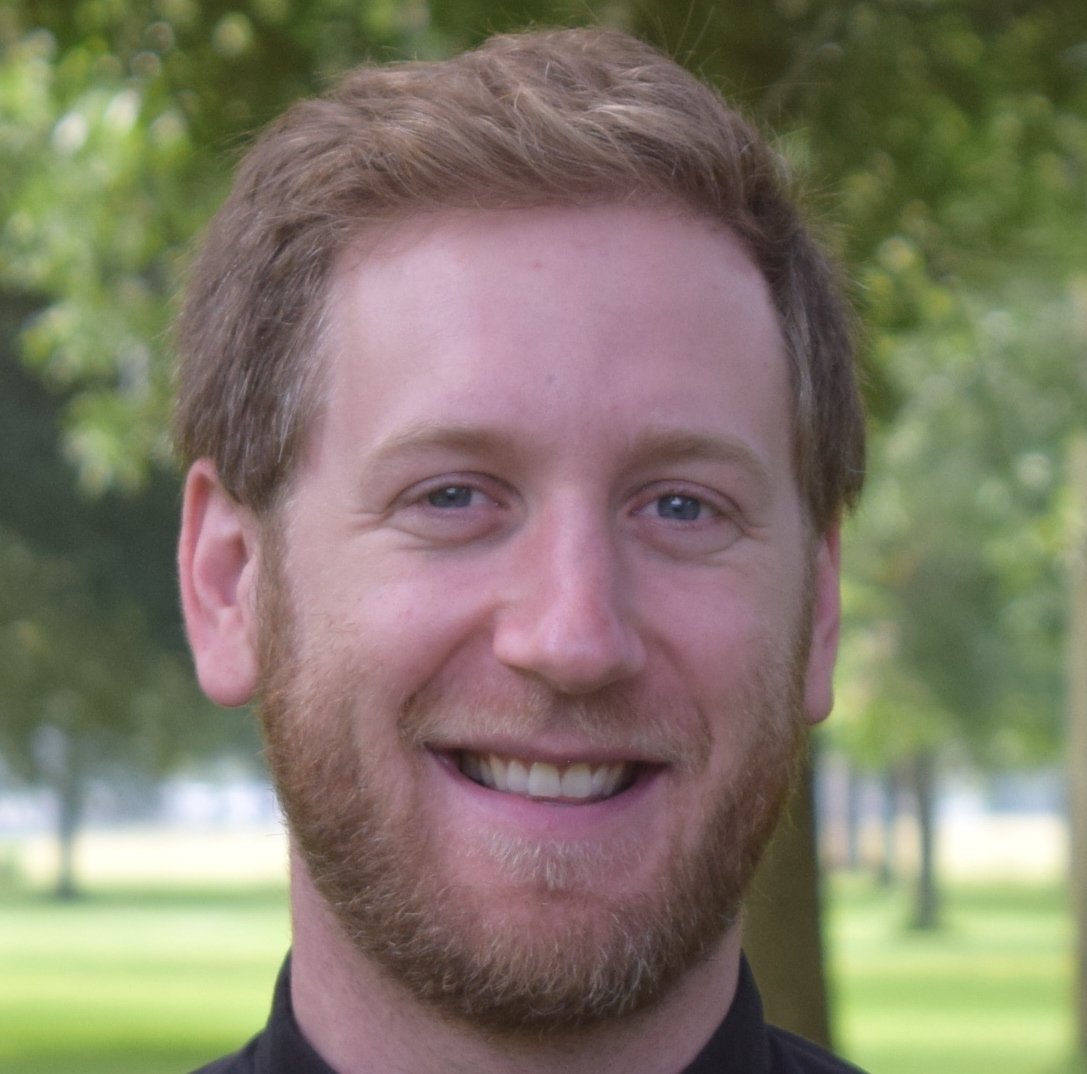“What am I doing here?”
This question rises from my gut to my throat like a lump. I’m sitting in the office of the director of the ARC (Ashcroft Rehabilitation Center), the prison unit where I will serve as chaplain at Belize Central Prison. It is my first day. I’ve been in Belize for exactly one week.
The director talks to me for nearly 5 hours straight. Throughout, he is interrupted regularly by phone calls from elsewhere in the prison and “interns” (inmates in the program) asking for favors. I struggle to follow the thread of the director’s monologue. By the end of the day, I cannot make heads or tails of the program, its curriculum, or what my role will be.
I feel small and inconsequential. I feel lost.
§
There is a piece of ancient rabbinic wisdom that I came across several years ago: “All beginnings are difficult.” Simple and obvious, but true.
Moving to a new place, starting a new ministry, getting to know a new community are never easy for me. Moving to Belize is no different, especially in the midst of a global pandemic.
Whether I am constantly having to ask where something is in my new community, navigating the immigration system, or puzzling over the bewildering new setting at the prison, I have no shortage of reminders that I am new.
Being new feels like having the safety net ripped out from under me: gone is the familiarity of culture, people, places, and things; gone is the comfort and security I felt in my old community and mission. Fear rumbles in my gut. The question “what am I doing here?” is the first of many:
What do I do when I cannot grab hold of the comforts I am used to?
Who am I really? Will I measure up?
What can I hold onto, especially when everything feels so unfamiliar and new?
I know how I’ve handled most beginnings in the past: with reticence, reservation, and a tendency to look back with longing at what has been. Beginnings are to be endured.
Now, as in past beginnings, I clench my fists and try to endure this beginning, as quickly as possible, and find some stability.
§
During the first few weeks at the prison, I feel timid and adrift.
I’m a random stranger mingling among the interns. I sit in on classes, which are often difficult to understand due to my unfamiliarity with the Belizean Kriol English that almost all of the men speak. The classrooms lack good circulation; the air is humid and heavy and my eyelids droop. I lament my inexperience with the 12 Steps of AA upon which the classes and the program are based. When an instructor asks me to introduce myself, I say I’m there to listen and help with spiritual matters. Even as I say it, I feel nervous, unsure of myself.
Despite having one or two good one-on-one conversations with guys most days, I leave at day’s end fixated on the lack of direction I feel. I blame the director; I blame the dysfunction of the prison; I blame myself for not being bold enough. I yearn for more structure, something I can point to and say: this is what I do.
I begin to recognize that underneath this yearning for clarity, I want to belong, to have a purpose, to feel relevant, to have control. And I begin to notice how much I am focused on ME.
§
In prayer one morning, I am consumed with the frustrations I feel at the prison. I watch Jesus as he calls Matthew and then attends dinner at his house. Sinners abound. In the silence of my heart, the One who tells the Pharisees that the sick, not the well, need a physician walks over and quietly tells me: keep your focus on the men at the prison and come, be a healer of souls with me.
My frustrations dissipate. I feel an invitation to loosen my grip on all I am clinging to for stability and to look for Jesus at the prison.
§
A couple days later, I open my desk drawer and pull out a letter that I’ve kept for nearly 15 years. It is from a beloved professor of mine from college. I start to read…
May this letter find you in a moment of heightened attention and receptivity…
(My heart stills and I am quiet.)
As I’m sure you know only too well, we often find ourselves falling into patterns of thought and behavior that, while frequently leading to very good things, tend to obscure the untamed mystery of the Spirit…
Begin again…
Allow yourself to become ‘lost’ again. Allow yourself to risk letting go of all conceptions of your ‘self,’ whether these are conceptions you cherish or despise… Return to that Silence which alone allows you to begin again, and begin again, and begin again.
Always begin again.
My professor’s words cut straight through me.
Yes, I realize, it is much easier to cling to what has brought comfort, stability, affirmation. And I know that I could do so, because I have before and the world has not come crashing down.
Yet the Spirit, who has brought me to Belize, is inviting me beyond what I know and who I think I am; beyond what is comfortable or secure and into something fresh and new and unknown.
Here and now, this Spirit is inviting me to begin again and become lost. With Jesus.
§
Little by little, I become lost at the prison.
I continue to meet one-on-one with a handful of guys; they are rich and powerful experiences. And Jesus is undeniably there.
But I begin winding up in the in-between, uncomfortable places and I find Jesus there too.
One afternoon, I am praying an Examen and worrying a bit about what the last couple of hours will entail, since I have nothing planned. I feel a tug within to let the Spirit lead me. Within minutes, I am embroiled in an intense chess match with Larry, whom I’d gotten to know a couple weeks prior when he was in an isolation cell for acting out. He crushes me. Twice. At the end, I sit back and behold Larry as he quietly smiles at me. I see his determination, his intelligence, his quiet confidence. I am in awe.
During rec time one day, Ronald approaches me and talks at me about the Bible. This goes on for over an hour and I begin to grow a bit numb. I zone in and out. I wonder how I might extract myself from the situation. All of a sudden, the monologue about the Bible stops and Ronald tells me that he has been in and out of prison since he was 12. He is now 49 years old. It dawns on me that for Ronald, the Bible is a source of identity and stability in a harsh, violent world. I catch a glimpse of his undeniable humanity and my heart turns from stone to flesh.
Another day, I go outside for fresh air. A group of guys are hanging out in the shade and call me over. I’m a bit apprehensive; I don’t know them and they don’t know me. After an hour, I am laughing so hard that I am tearing up because one of the guys is ripping wickedly funny jokes. As I am recovering, Brandon, one of the group members, gets serious and starts talking about faith and his struggles with it. And then he looks at me and says: “In the Gospels, Jesus came to be with people like us; if he were to come now I wonder who he’d be with, if it would be with me?”
I am stunned. I tell him: “Yes, I think so. I think he’s already here.”
§
All beginnings are indeed difficult. And yes, newness brings vulnerability, uncertainty and discomfort. But newness also renders the world strange, wondrous, and fresh. To become lost in this world is to risk security for an encounter with the untamed mystery of God.
Always begin again.


